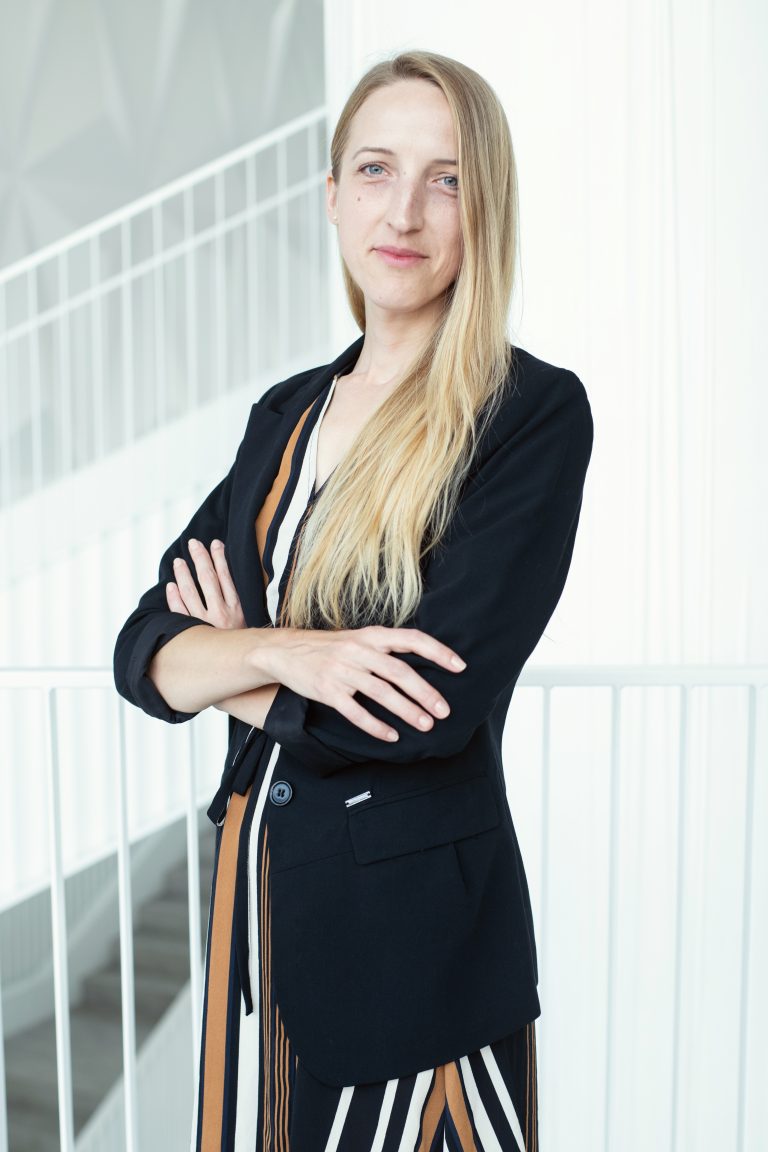Kurkime modernią Lietuvos ateitį kartu
RegistruotisMinistry of Foreign Affairs
Fostering green innovation export through the instruments of development cooperation
Problem
As a member of the European Union (EU) since 2004 Lithuania has committed to providing official development assistance (ODA) through funding and humanitarian aid to developing countries and territories. In 2022, due to the aid provided to Ukraine, Lithuania’s ODA increased drastically in one year from 0.14% of gross national income (GNI) in 2021 to 0.36 % of GNI in 2022. Since 2022, Lithuania is also a member of the Development Assistance Committee (DAC) of the Organisation for Economic Co-operation and Development (OECD), thus development cooperation (DC) activities are intensifying and Lithuania is turning into a more mature aid-providing country.
However, the United Nations (UN) Sustainable Development Goals (SDGs) (Goal 17.2) indicate that DAC members should allocate 0.7% of GNI to ODA. Although the Council of the EU conclusions 2022 state that the EU’s collective ODA increased in 2021 (in the context of COVID-19), it is also emphasized that the impact of Russia’s war of aggression against Ukraine on climate, equality, food accessibility poses a great risk to progress in implementing the European Consensus on Development, reflecting the UN sustainable development agenda until 2030. The EU Council conclusions recommend the inclusion of various (public / private, national / global) sources of funding in DC according to the Addis Ababa Action Plan and the linking of DC funding with the idea of sustainable finance provided for in the Paris Agreement to mobilize international and local private capital for green, sustainable and quality investments. International concern about climate change and growing investments in green solutions offer possibilities for Lithuanian green products to expand abroad while also contributing to climate, energy and environmental goals.
In the State Progress Strategy for 2050, Lithuania has set itself the goal of “analysing and strengthening DC programs, perceiving them as a long-term investment, taking into account environmental and climate change issues and its interests”. The need for an effective development cooperation support financing mechanism that would attract private funding is identified in the Strategic Directions for Development Cooperation 2022-2025. The OECD encourages DAC countries to use external (non-ODA) finances for development to mobilize private sector involvement in DC. What method of mobilizing funds for development would be most effective in creating a breakthrough in business involvement in DC activities in Lithuania?
In 2020, the EU approved the European Green Deal – a set of measures aimed at neutralizing Europe’s impact on the climate by 2050. 78% of surveyed Lithuanian companies indicated that the impact on the environment is important to them (Norstat, 2022), and the Sustainability Reporting Directive, which increased the number of companies that must publicly publish sustainability reports from 2024, are indicators showing that the future of business is inseparable from green and sustainable innovations. Moreover, there are both financial and consulting measures for the development of green innovations in Lithuania. For example, the European Investment Bank, promoting Lithuania’s faster transition to a green economy, allocated 2.4 billion euros in loans and investments to Lithuania. Another example is the “A billion for Business” under the EU “Next Generation EU” package for economic growth and preparation for future challenges. And the Innovation Agency, which has just opened the “GreenTech Hub”, not only distributes funding to stimulate the growth of green businesses creating high added value for Lithuania, but also provides consultations on business financing, exports and other ongoing programs. The promotion of the development of green innovations in Lithuania is obvious. And what incentive measures would help businesses expand these green innovations into partner countries, thus strengthening development cooperation activities?
Goal
The aim of the project is to form a model of green innovation development into the markets of partner countries through development cooperation measures.This model will be based on the unique Lithuanian financial mechanisms to support business in terms of climate, will contribute to the implementation of economic diplomacy goals, will promote the export of green products and will have an impact on the implementation of sustainable development goals.
Project progress
2024/05/10
Business’ Needs Analysis Orienting It Towards Development Cooperation Activities
2024/05/20
Analysis of Development Cooperation Opportunities and Challenges in Lithuania

